In 2011, when starting to implement the new rural construction, after review, Phong Chau only achieved 4 out of 19 criteria. There are many immediate difficulties, in which, the people's income criterion is the most difficult problem to solve.
Because most people grow rice, corn, and raise livestock on a small scale, with low income. From that reality, the leaders of Phong Chau commune determined that the breakthrough direction is to convert crop and livestock production towards commodities, and mobilize young people to take the lead in developing grass duck farming, afforestation, forest product processing, sticky rice farming, specialty beekeeping, expanding the area of chestnut trees, etc. These are locally available advantageous products.
Up to now, the commune has five forestry and livestock farm models. Of which, Mr. Nong Van Viet, Ban Viet hamlet, raises nearly 1,000 egg-laying and commercial ducks. Mr. Nong Van Duyet, Pac Coong hamlet, fattens buffaloes and cows, raises grass ducks. Meanwhile, Ms. Mong Thi Hien, Na Man hamlet - Ban Pien, develops forest planting, fattening buffaloes and cows, raising grass ducks, etc., earning an income of 100 to 200 million VND/year.
Creating output for forestry products in the area, Mr. Nong Van Hien developed a wood processing workshop in Na Man hamlet - Ban Pien, creating jobs for six regular workers and dozens of seasonal workers with an income of 200,000 VND/day. The movement to develop afforestation in the commune spread, in 2021, Mr. Hoang Van Thien and Hoang Van Nin in Na Man hamlet - Ban Pien earned from 200 to more than 400 million VND from selling production forests.
Realizing the effectiveness of the youth's production conversion models, local people actively learn and follow. Many models of fattening buffaloes, cows, and raising grass ducks have spread, in addition, Phong Chau commune has also planted 100 hectares of chestnut trees. Thanks to that, the commune's poverty rate has decreased rapidly, currently only 24 poor households, accounting for 5.3%, the locality with the lowest poverty rate in the district. The average income per capita in the commune has increased from 18 million VND in 2015 to 32 million VND/person/year in 2020. People actively participate in contributing to the construction of new rural areas.
In the process of implementing the new rural construction, Phong Chau commune pays special attention to promoting publicity, democracy, transparency and consensus from the people when implementing the work contents, especially criteria such as traffic roads and environmental sanitation. The Party Committee and the commune leaders consider these to be difficult criteria that need to be completed. From the process of building the project and planning the new rural areas, each content is publicly posted, propagated, explained and organized to collect people's opinions.
When implementing, people continued to be consulted, then the commune organized for each household to sign a commitment to implement. Thanks to that, during the implementation of the work, the majority of people enthusiastically supported and participated. For cases where problems arose, the commune cadres would directly propagate, mobilize, explain, and promptly resolve them. Thanks to skillful mass mobilization, from 2011 to now, Phong Chau commune has mobilized people to donate more than 5 hectares of land to build roads, irrigation canals, and cultural houses. Thereby, the appearance of the countryside has changed, people are excited because the intra-field roads are wide open, the transportation of materials, fertilizers, and rice harvesting are mechanized and convenient.
Previously, environmental sanitation criteria were also difficult to complete for Phong Chau commune, because people's awareness of waste collection and treatment was not high, and the custom of building buffalo and cow pens under stilt houses caused environmental pollution and affected health. In 2014, in the commune, 145 out of 518 households kept buffalo and cows under the floor of their houses. This backward custom was not easy to solve because when starting to survey, it was found that households lacked land, money, and manpower to build new barns to move cattle pens from under the floor of their houses. To overcome the shortcomings in environmental sanitation in the commune, the locality has developed a detailed plan, assigned commune unions, party cells, and hamlet chiefs to step up propaganda and mobilization work, and grasp people's thoughts.
Assessing the success of Phong Chau commune Party Committee in building new rural areas, Secretary of Trung Khanh District Party Committee Pham Van Cao shared that many correct policies of the commune Party Committee have been implemented synchronously and have come into practice. People trust the leadership of the Party Committee and government, agree to contribute and participate in building new rural areas, and gradually strive to turn Phong Chau into a model new rural commune in the coming time.
Article and photos: MINH TUAN
Source


![[Photo] Close-up of modernized Thu Thiem, connecting new life with District 1](https://vphoto.vietnam.vn/thumb/1200x675/vietnam/resource/IMAGE/2025/6/24/d360fb27c6924b0087bf4f288c24b2f2)
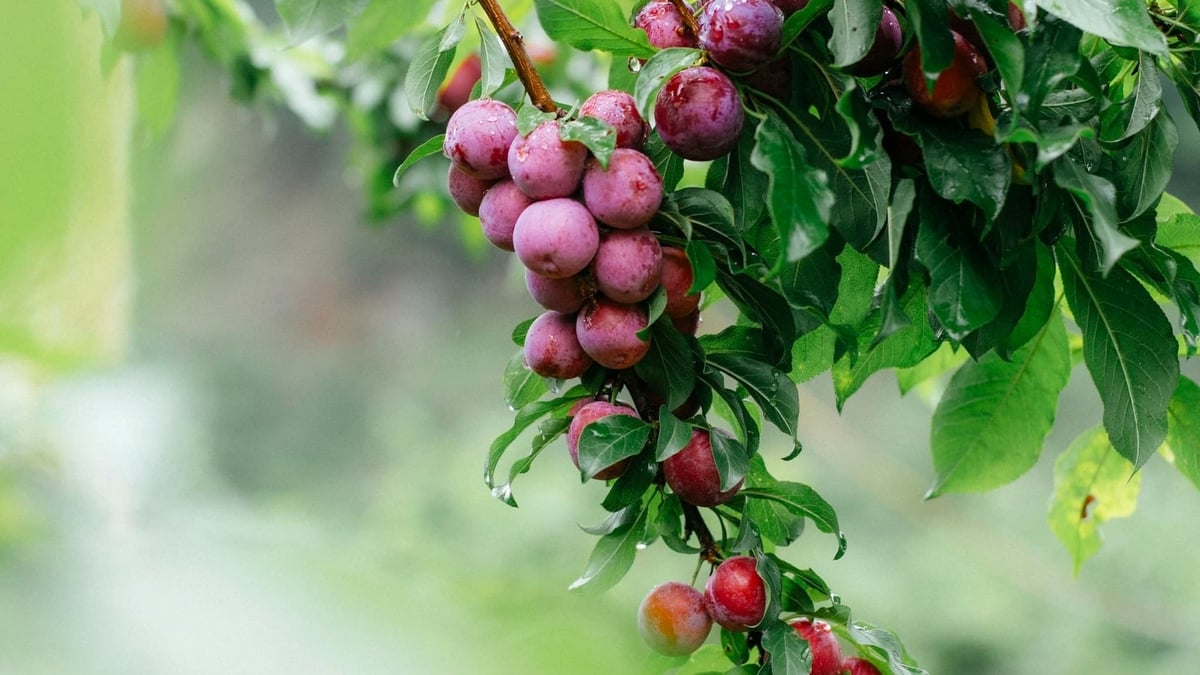
![[Photo] The 9th Party Congress of the National Political Publishing House Truth](https://vphoto.vietnam.vn/thumb/1200x675/vietnam/resource/IMAGE/2025/6/24/ade0561f18954dd1a6a491bdadfa84f1)

![[Photo] General Secretary To Lam meets with the Group of Young National Assembly Deputies](https://vphoto.vietnam.vn/thumb/1200x675/vietnam/resource/IMAGE/2025/6/24/618b5c3b8c92431686f2217f61dbf4f6)






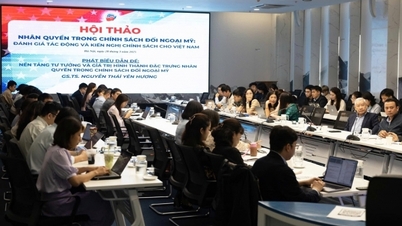







![[Photo] General Secretary To Lam meets with the Group of Young National Assembly Deputies](https://vphoto.vietnam.vn/thumb/402x226/vietnam/resource/IMAGE/2025/6/24/618b5c3b8c92431686f2217f61dbf4f6)
![[Photo] Close-up of modernized Thu Thiem, connecting new life with District 1](https://vphoto.vietnam.vn/thumb/402x226/vietnam/resource/IMAGE/2025/6/24/d360fb27c6924b0087bf4f288c24b2f2)
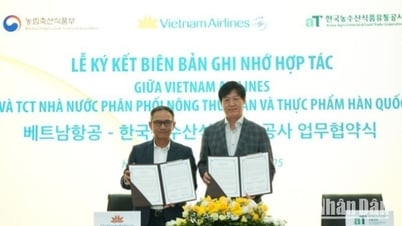
![[Photo] Prime Minister Pham Minh Chinh attends the Vietnam-China Business Connection Forum](https://vphoto.vietnam.vn/thumb/402x226/vietnam/resource/IMAGE/2025/6/24/f8e4b8223ab64fa0a1fe8ee58a36b57a)
![[Photo] The 9th Party Congress of the National Political Publishing House Truth](https://vphoto.vietnam.vn/thumb/402x226/vietnam/resource/IMAGE/2025/6/24/ade0561f18954dd1a6a491bdadfa84f1)
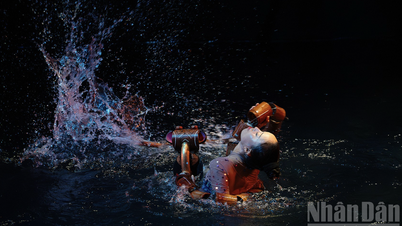
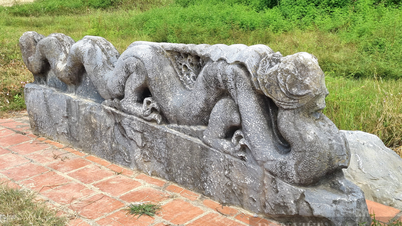

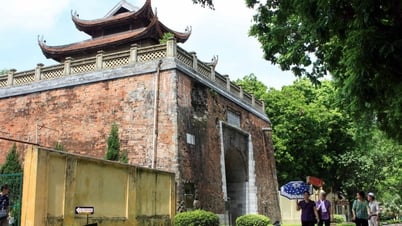

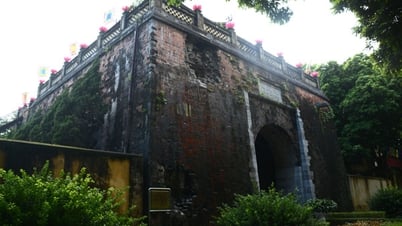

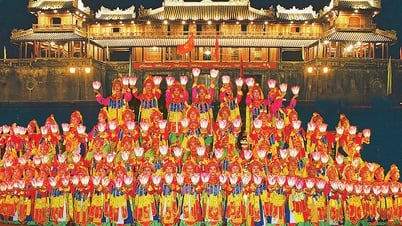



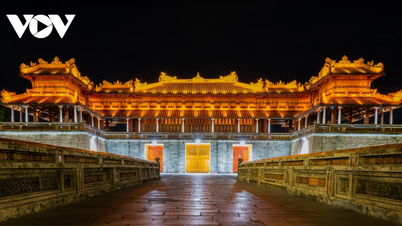

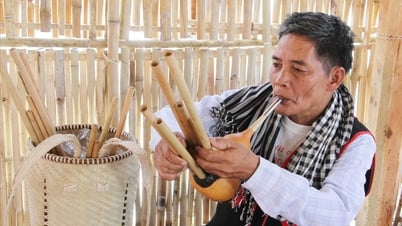




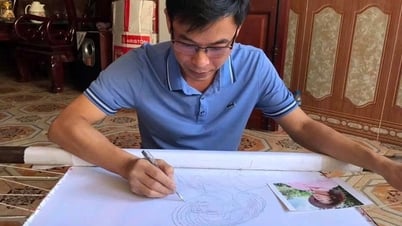
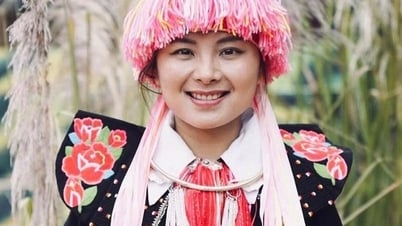



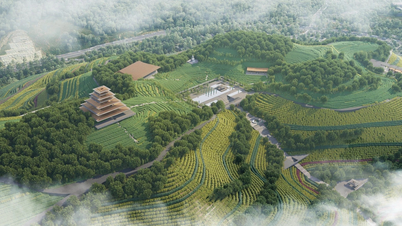






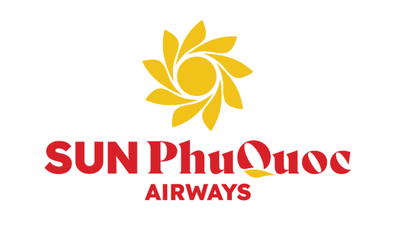
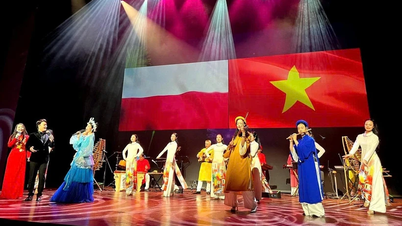
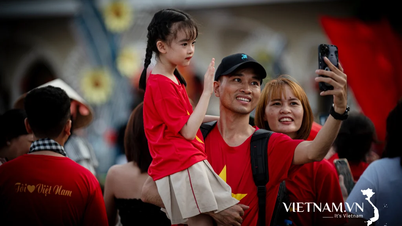

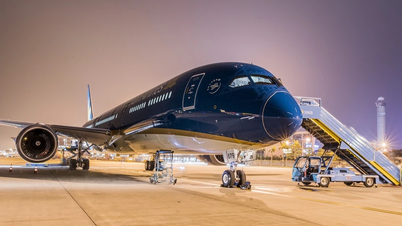
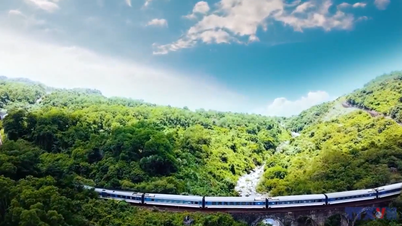




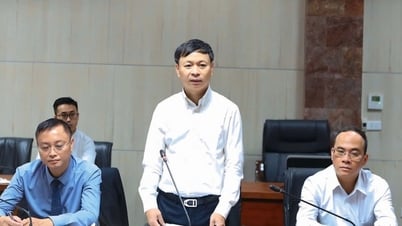

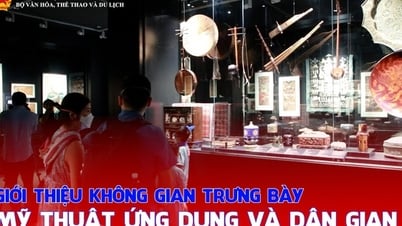

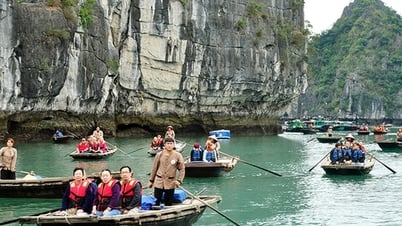
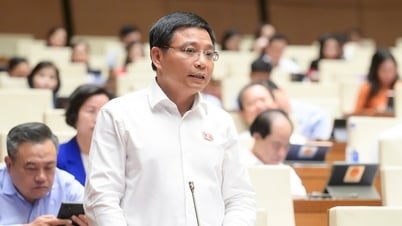
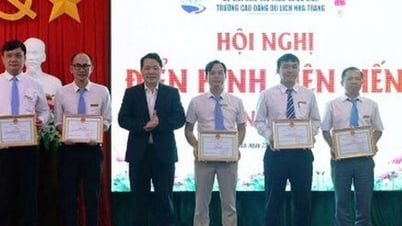
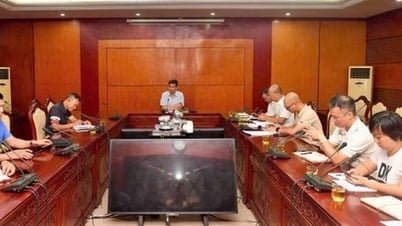
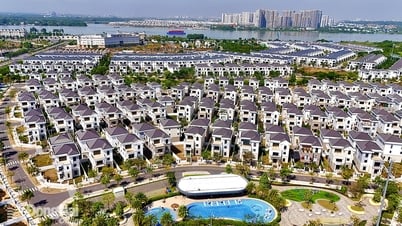

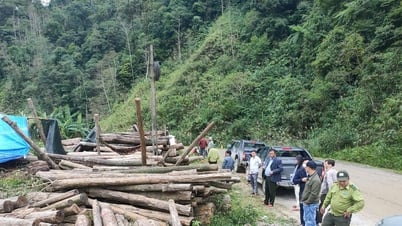

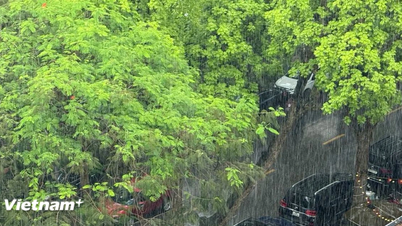



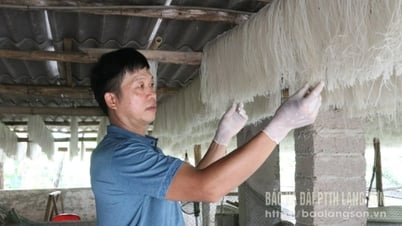

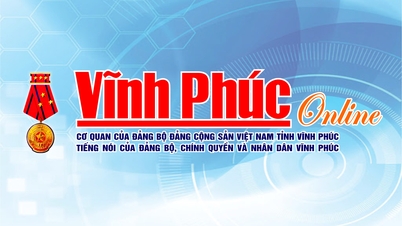













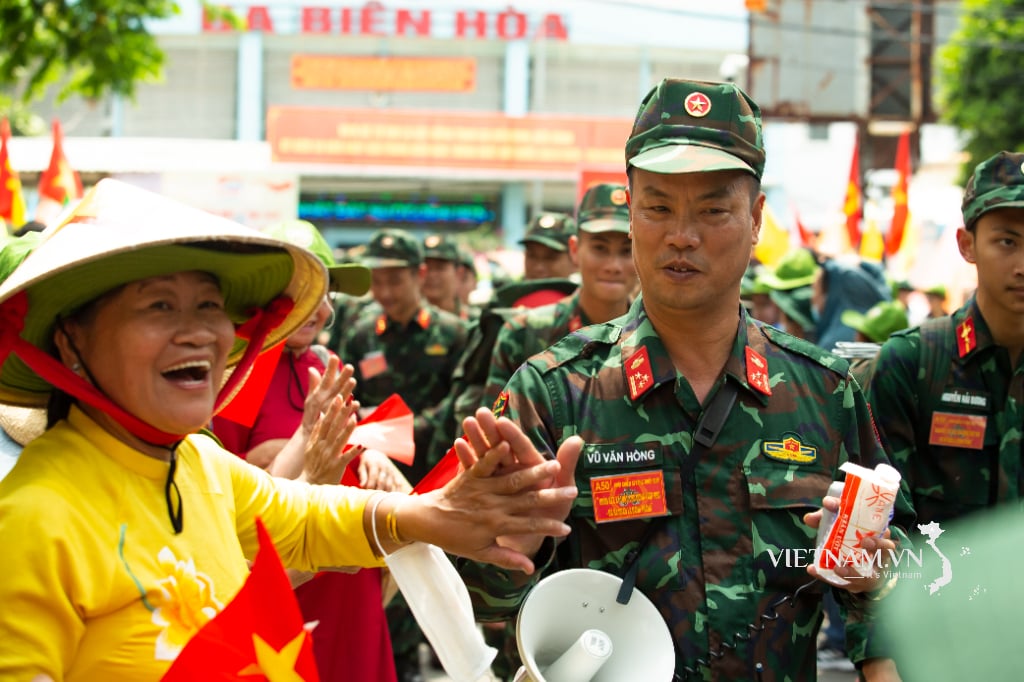
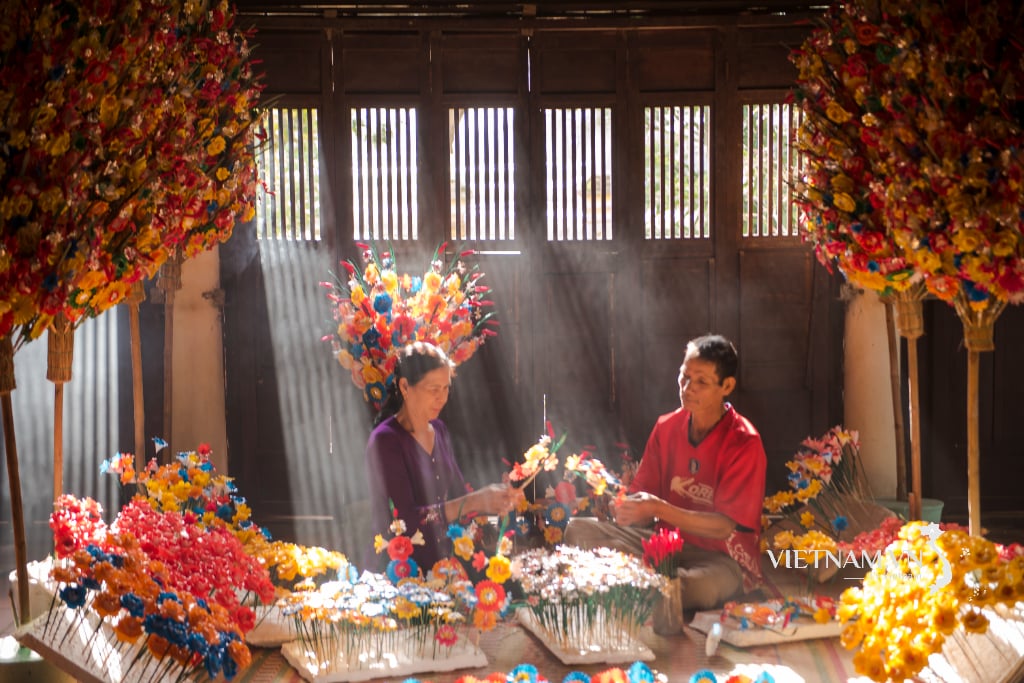
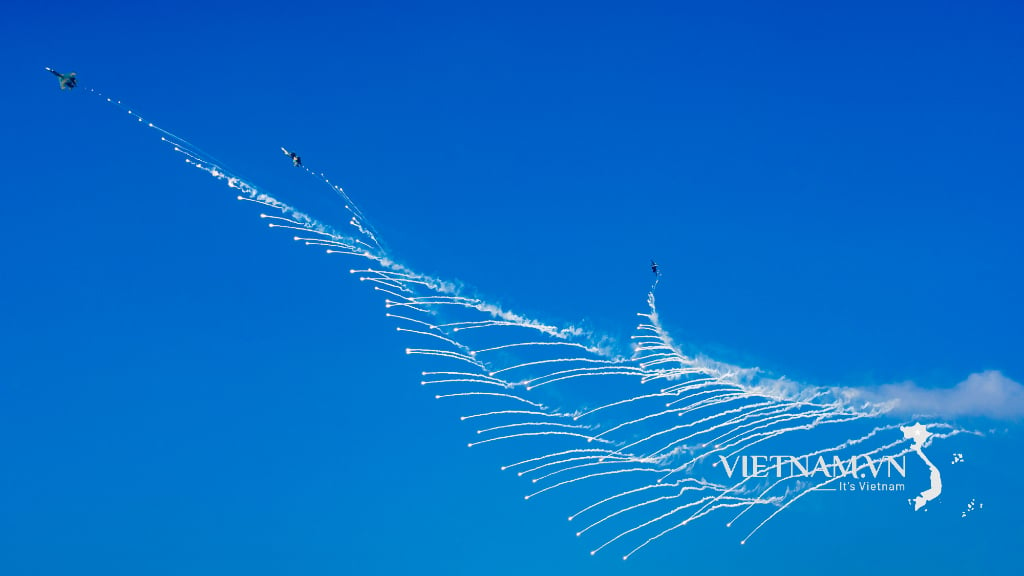
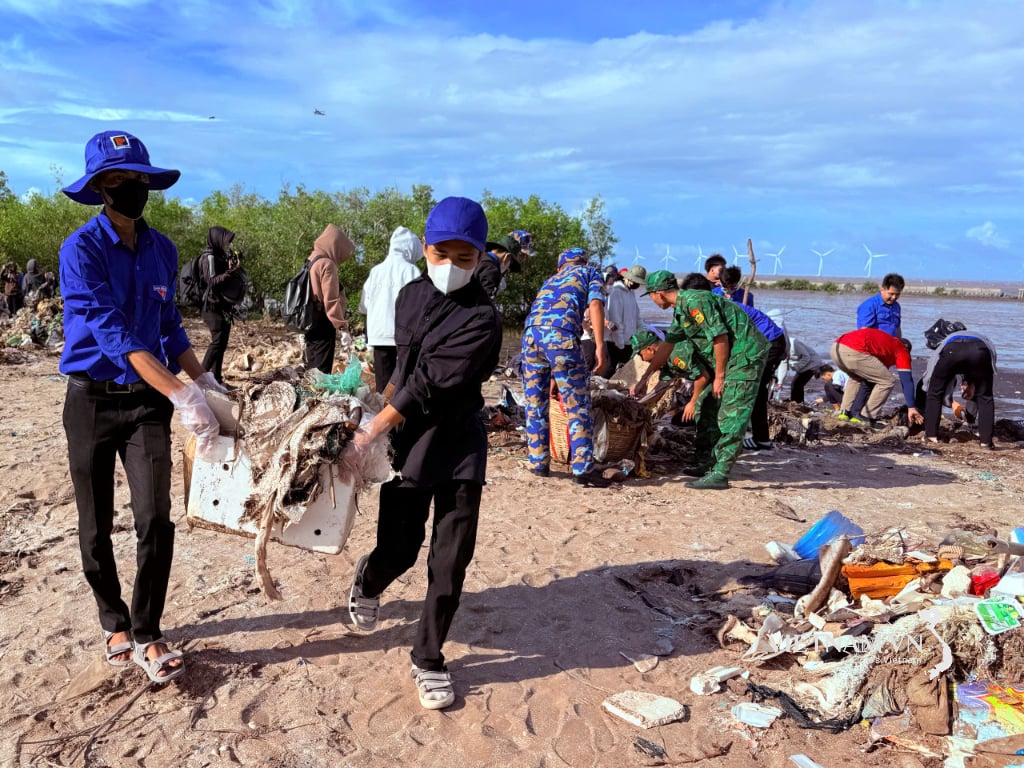
Comment (0)